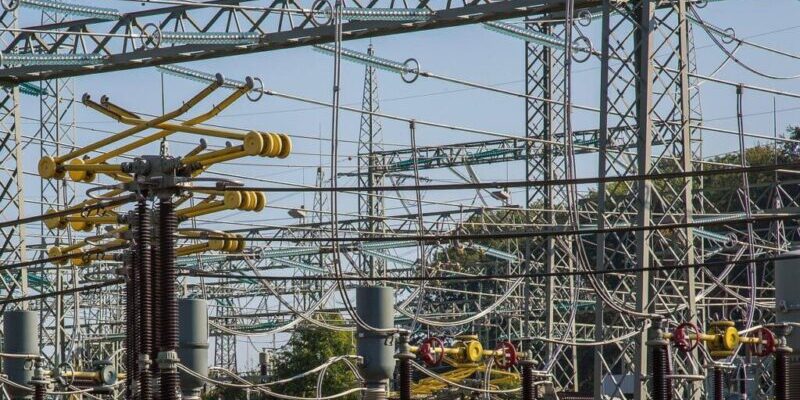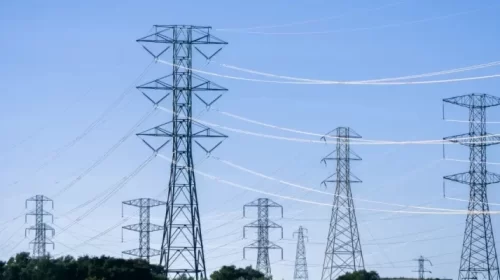Only 44% of African Households Have Reliable Electricity Supply
A new report from the Pan-African Afrobarometer Research Network, published on April 11, 2024, sheds light on the state of electricity access across the African continent, revealing significant disparities despite the presence of hydroelectric dams.
Based on a survey conducted between 2021 and 2023 with a sample size of 53,444 individuals across 39 African countries, the report titled “The Electricity Gap: Small and Uneven Progress Yet to Reach Many Africans” highlights that only 44% of households enjoy a reliable electricity supply.
The survey underscores considerable discrepancies among countries, with reliable electricity access ranging from one in 10 households in countries like Malawi and Sierra Leone to nearly universal coverage in Mauritius (99%) and Seychelles (96%).
Moreover, the report reveals that reliable electricity service is more prevalent in urban areas (65%) compared to rural regions (24%).
Additionally, it correlates with economic status, with 77% of the wealthiest households enjoying reliable electricity, compared to only 27% of the poorest households.
Despite efforts, progress in improving electricity reliability has been slow. Over the past decade, the proportion of African households with reliable electricity increased by only 4 percentage points across the 31 countries regularly surveyed.
While the majority of Africans live in areas served by an electricity network, disparities persist. Tunisia and Seychelles boast complete coverage, while countries like Madagascar and Zimbabwe lag behind, with only about 30% of areas having access to electricity networks.
However, even when electricity networks are available, affordability remains a barrier for many households. Although 68% of enumeration areas are served by electricity networks, only 60% of surveyed households are connected to them.
This leaves 40% of households without access to electricity due to either the absence of a network or financial constraints preventing connection.
The report underscores the urgent need for concerted efforts to bridge the electricity gap in Africa, emphasizing the importance of addressing disparities in access and affordability to ensure equitable electricity provision across the continent.
![]()





